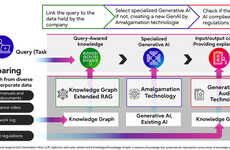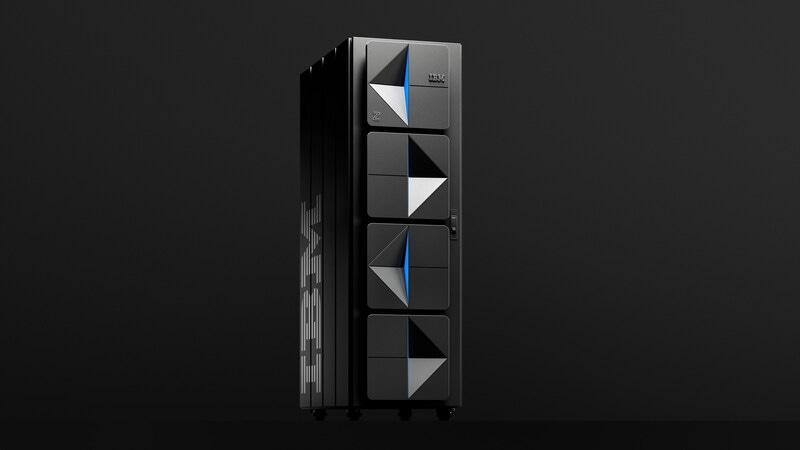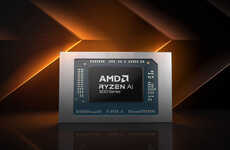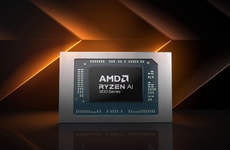
IBM Tackles Artificial Intelligence Workload with the z17
IBM has unveiled the z17, its latest mainframe system designed specifically to handle enterprise-scale artificial intelligence workloads, including large language models and generative AI applications. The new iteration is represented as a significant evolution from previous models. It integrates AI capabilities across hardware, software, and operational management. IBM positions its z17 mainframe design as a comprehensive solution for businesses requiring high-performance, secure, and scalable AI infrastructure.
A key advancement in the z17 is its Telum II processor, which includes an on-chip AI accelerator capable of processing 450 billion inference operations daily with a response time of just one millisecond. This is. 50% improvement over the z16.
Additionally, IBM plans to introduce the Spyre Accelerator in late 2025, a PCIe card that will enhance generative AI performance. This upgrade will allow businesses to run AI assistants and agents directly on the mainframe without compromising data security.
Image Credit: IBM
A key advancement in the z17 is its Telum II processor, which includes an on-chip AI accelerator capable of processing 450 billion inference operations daily with a response time of just one millisecond. This is. 50% improvement over the z16.
Additionally, IBM plans to introduce the Spyre Accelerator in late 2025, a PCIe card that will enhance generative AI performance. This upgrade will allow businesses to run AI assistants and agents directly on the mainframe without compromising data security.
Image Credit: IBM
Trend Themes
1. AI-integrated Mainframes - The development of AI-integrated mainframes like IBM's z17 signals a shift towards specialized systems that efficiently manage large-scale AI workloads.
2. On-chip AI Accelerators - The inclusion of on-chip AI accelerators in mainframe processors represents a leap forward in processing power, drastically enhancing the speed of AI operations.
3. Generative AI Infrastructure - Building infrastructure that specifically supports generative AI tasks is becoming essential for businesses aiming to leverage cutting-edge AI applications.
Industry Implications
1. Enterprise AI Solutions - Enterprise AI solutions are evolving to include more robust, scalable systems that meet the increasing demand for high-performance AI processes.
2. High-performance Computing - High-performance computing industries are likely to innovate further to support the massive processing requirements of AI-driven applications.
3. Data Security and AI - The intersection of data security and AI is growing as enterprises prioritize secure yet powerful AI-capable infrastructures.
6.8
Score
Popularity
Activity
Freshness























